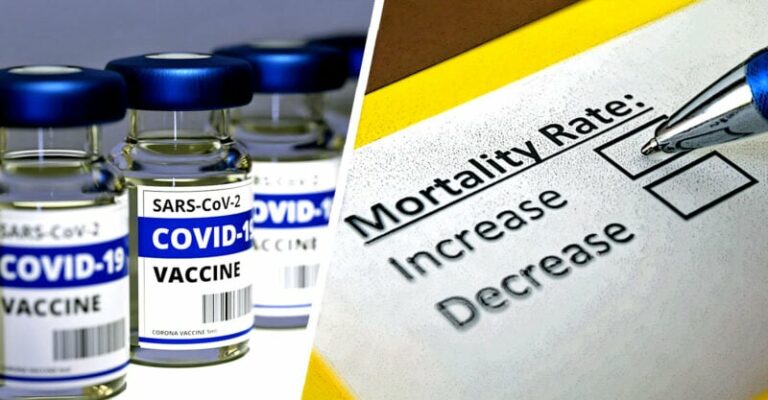Another defeat for the German government: Vaccination passages in RKI protocols must become unredacted
Source: Report24.news, Vanessa Renner, 23 May 2024
Another victory for the investigation: the Berlin Administrative Court has ordered the Federal Chancellery to further redact the coronavirus protocols. Information on the coronavirus vaccines was to be kept secret. The Federal Government argued that disclosure would lead to disadvantages in the procurement of vaccines for the next pandemic. The court did not agree.
Doctor Christian Haffner has won a new partial victory in court: The German government, represented by the Federal Chancellery, was ordered to redact further passages from the minutes of the Corona Expert Council. After the previous redactions of these documents brought explosive information to light – for example, it became public that Health Minister Karl Lauterbach called for the exclusion of all people without a triple vaccination from the catering and retail sectors – new revelations could soon follow.
Passages relating to the controversial coronavirus vaccines are now to be redacted. The German government wanted to keep these secret because the next “pandemic” is already expected: Allegedly, disclosing the information could lead to disadvantages in future vaccine and drug procurements. The court did not follow this reasoning. This can be read in the judgement of the administrative court:
‘The defendant has not demonstrated to the satisfaction of the single judge hearing the case (Section 108 (1) sentence 1 VwGO) that the disclosure of these passages may impair the fair competition of the state as a participant in private legal relations and economic life (see BVerwG, judgment of 27 November 2014 – 7 C 12/13 – BVerwGE 150, 383 para. 22 et seq.). Their fear that the disclosure of the information would be likely to adversely affect the economic framework conditions for future centralised vaccine and drug procurement and weaken their negotiating position is far-fetched. The defendant’s submission lacks tangible factual evidence of a future pandemic in which the Federal Republic of Germany would be required to participate in the market as a centralised procurer of vaccines and medicines. Furthermore, the defendant’s assumption that the provision of information could, in such a situation, result in price mark-ups on preparations that have been assessed by the Expert Council as more effective than other preparations is implausible. For one thing, it has not been argued that the assessments made by the experts are based on scientific findings that are not already publicly available. And secondly, the assessments would be outdated in view of the ongoing adaptation of vaccines and medicines to new virus variants in the event of a future pandemic.from the judgement of the Berlin Administrative Court – emphasis added by the editors
It is not yet clear whether the Chancellery will lodge an appeal. However, the battle for transparency is likely to continue either way, as the names of the so-called experts in the protocols and information relating to relations between Germany and China are still to be blacked out. Here, the court followed the argumentation of the Federal Chancellery: knowledge of the names was not necessary to evaluate the debates, it was ruled. The protection of political relations between the two countries would also outweigh the public interest in the redacted passages.
Suggest a correction







